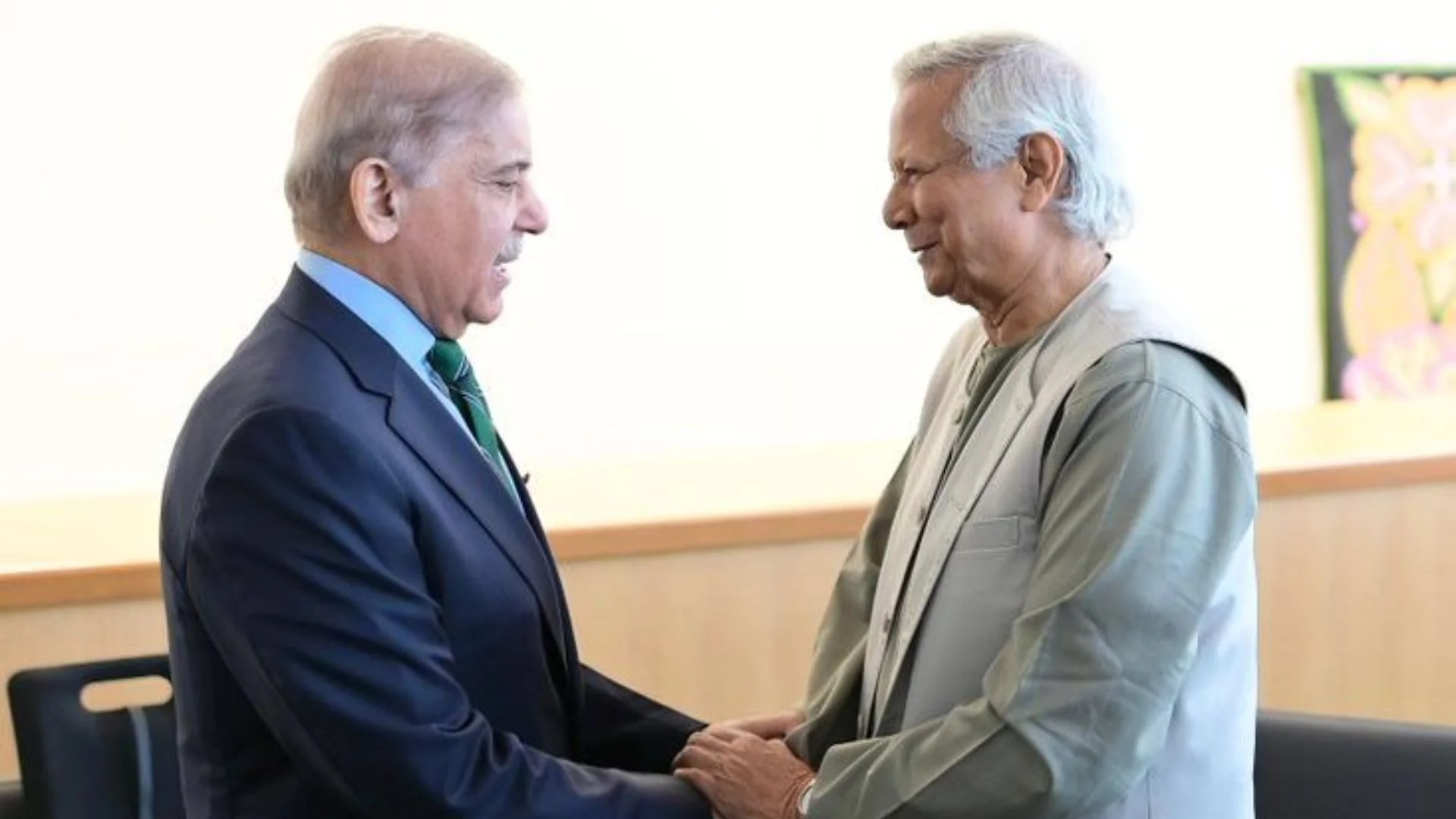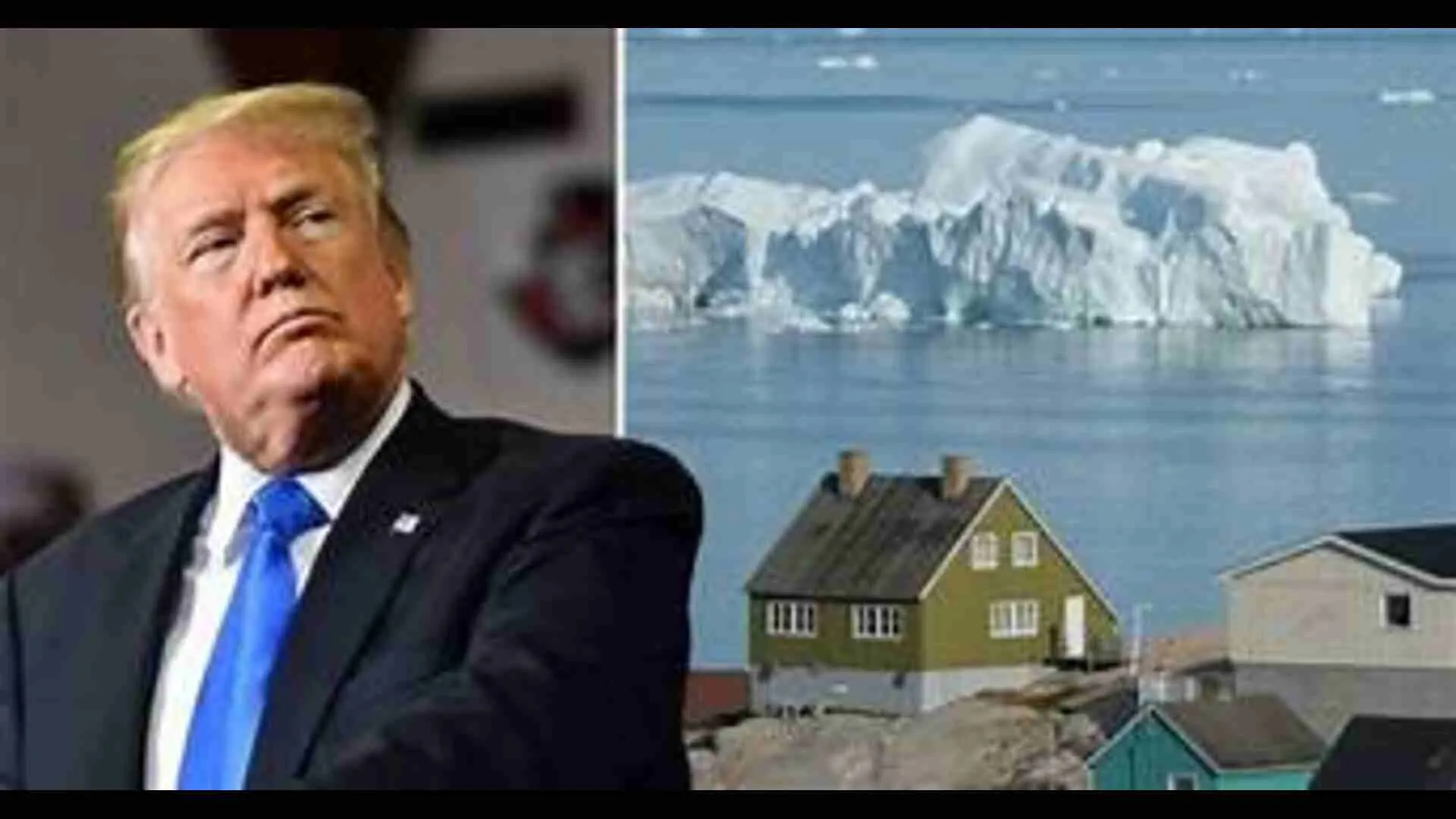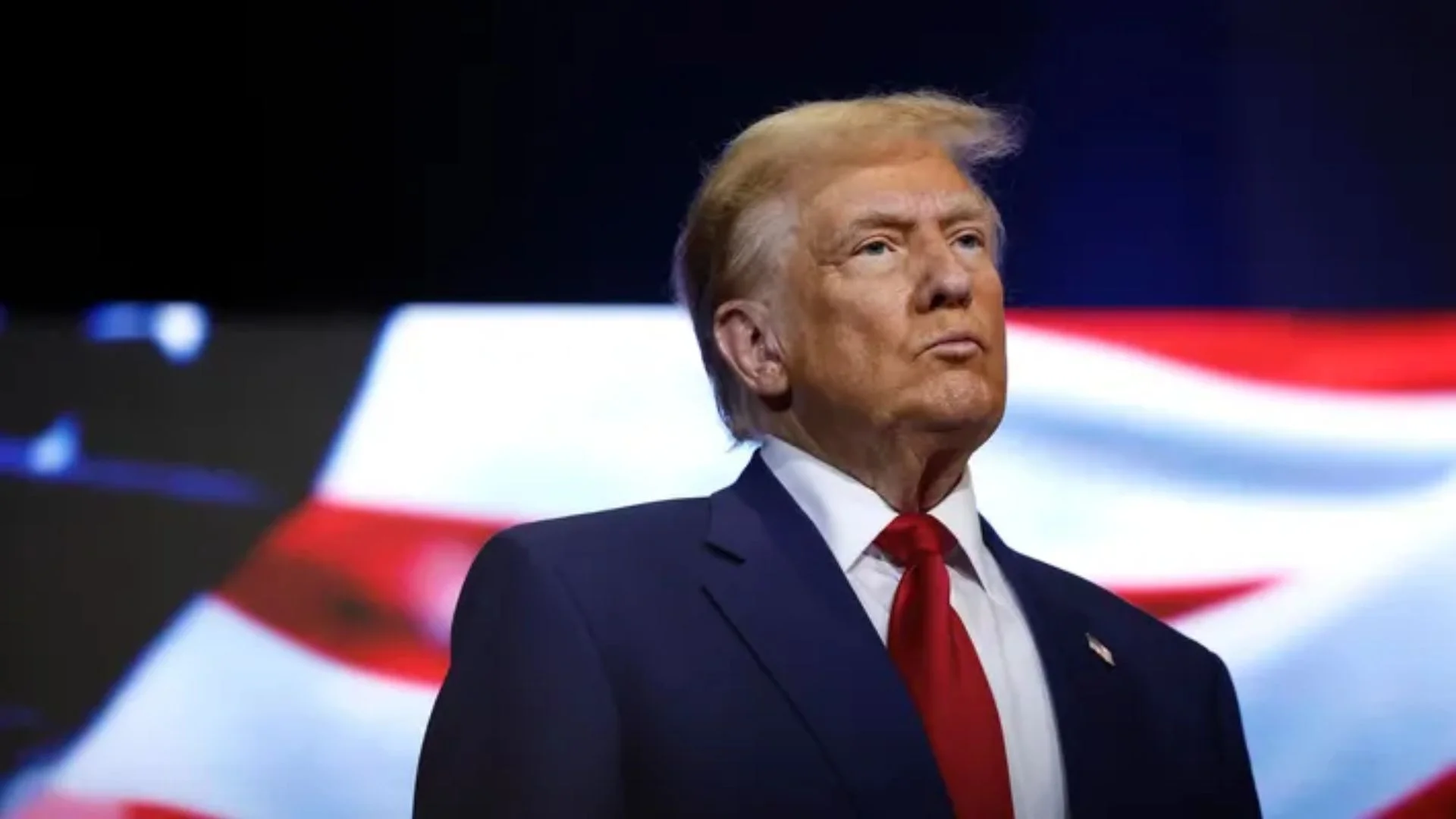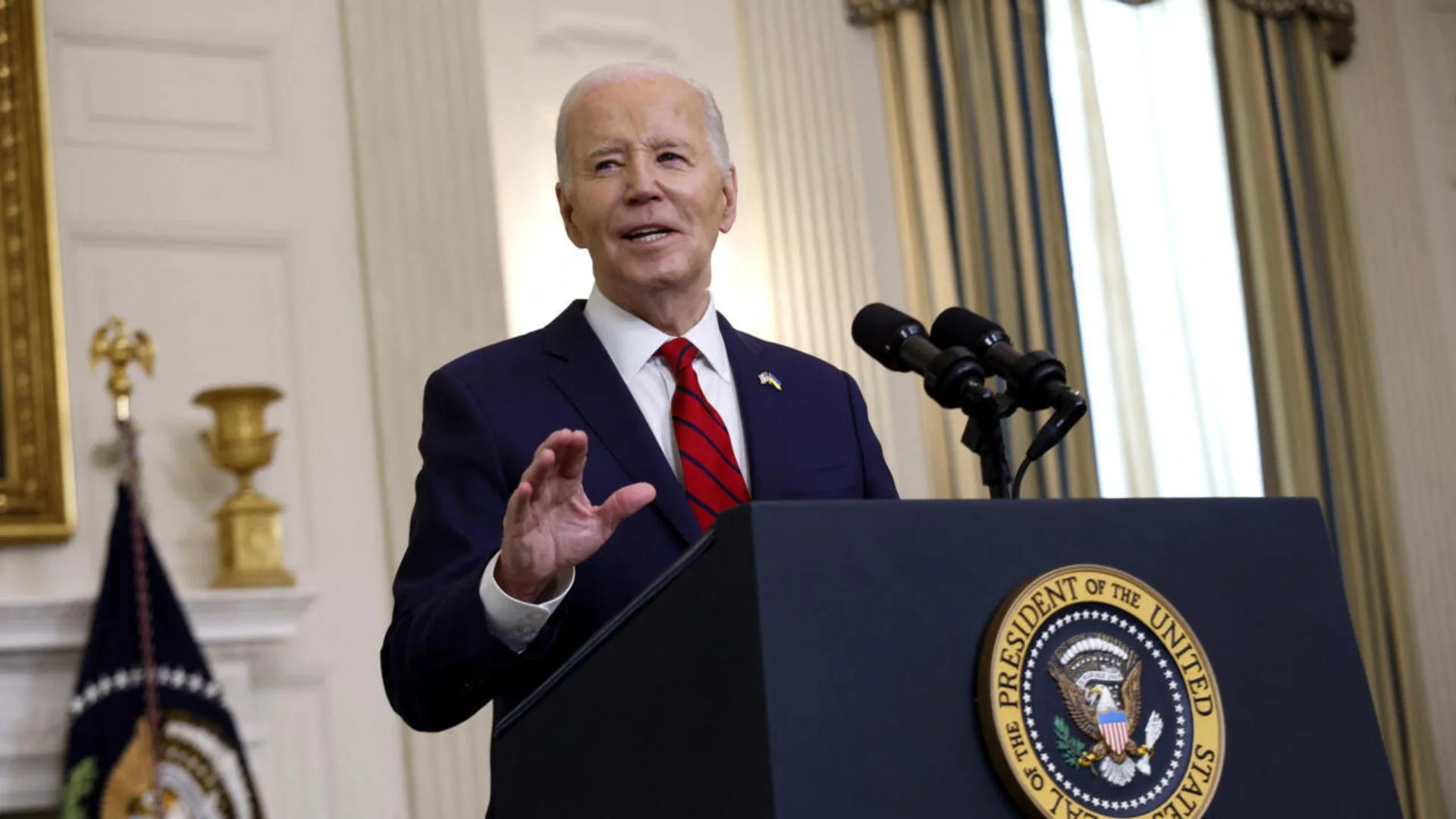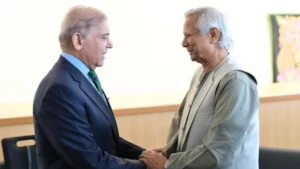Bangladesh Receives First Direct Shipment from Pakistan Since 1971
In a landmark development, a cargo vessel from Karachi docked at Chittagong Port in Bangladesh on Wednesday, November 13. This marked the first direct maritime link between Pakistan and Bangladesh since the 1971 Liberation War. The vessel, “MV Yuan Xian Fa Zhong”, unloaded essential goods, including raw materials for Bangladesh’s garment industry and basic food items.
The historic shipment signals a warming of relations between the two nations under Bangladesh’s interim government, led by Muhammad Yunus, who recently completed 100 days in office. Trade barriers were eased as Dhaka lifted mandatory physical inspections on Pakistani goods, expediting the flow of commerce. Nobel laureate Yunus highlighted the importance of the maritime link in rejuvenating ties, calling it a step toward opening new avenues of cooperation.
Shifting Dynamics in Dhaka-Islamabad Relations
The arrival of the vessel is part of a broader shift in the Pakistan-Bangladesh relationship. The two countries, once part of the same nation, were estranged after a brutal liberation war. During Sheikh Hasina’s tenure, Bangladesh kept Pakistan at arm’s length, aligning closely with India.
However, since Hasina’s ouster in August, the Yunus-led administration has moved to deepen ties with Islamabad. Notable developments include simplified visa processes, renewed cultural exchanges celebrating Pakistan’s founder Muhammad Ali Jinnah, and increased trade in military supplies. In a recent order, Bangladesh procured significant artillery ammunition and explosives from Pakistan, raising eyebrows in New Delhi.
Concerns for India
India, sharing an extensive border with Bangladesh, views these developments with concern. The lifting of import restrictions, especially the removal of physical inspections, has raised fears of illegal arms and narcotics smuggling. Historical incidents, such as the 2004 interception of arms intended for Indian insurgents at Chittagong, continue to influence India’s apprehensions.
Michael Kugelman of the Wilson Center’s South Asia Institute emphasized that India’s unease stems from its complicated relationship with Pakistan and its suspicion of Islamabad’s intentions in Bangladesh.
Despite these developments, Muhammad Yunus stressed the importance of maintaining strong ties with India, citing mutual interests in economics, security, and resource sharing. However, he acknowledged recent events may have caused unease in New Delhi.
This historic maritime connection underscores a dynamic shift in South Asia’s geopolitical landscape, with implications for regional stability and alliances.

